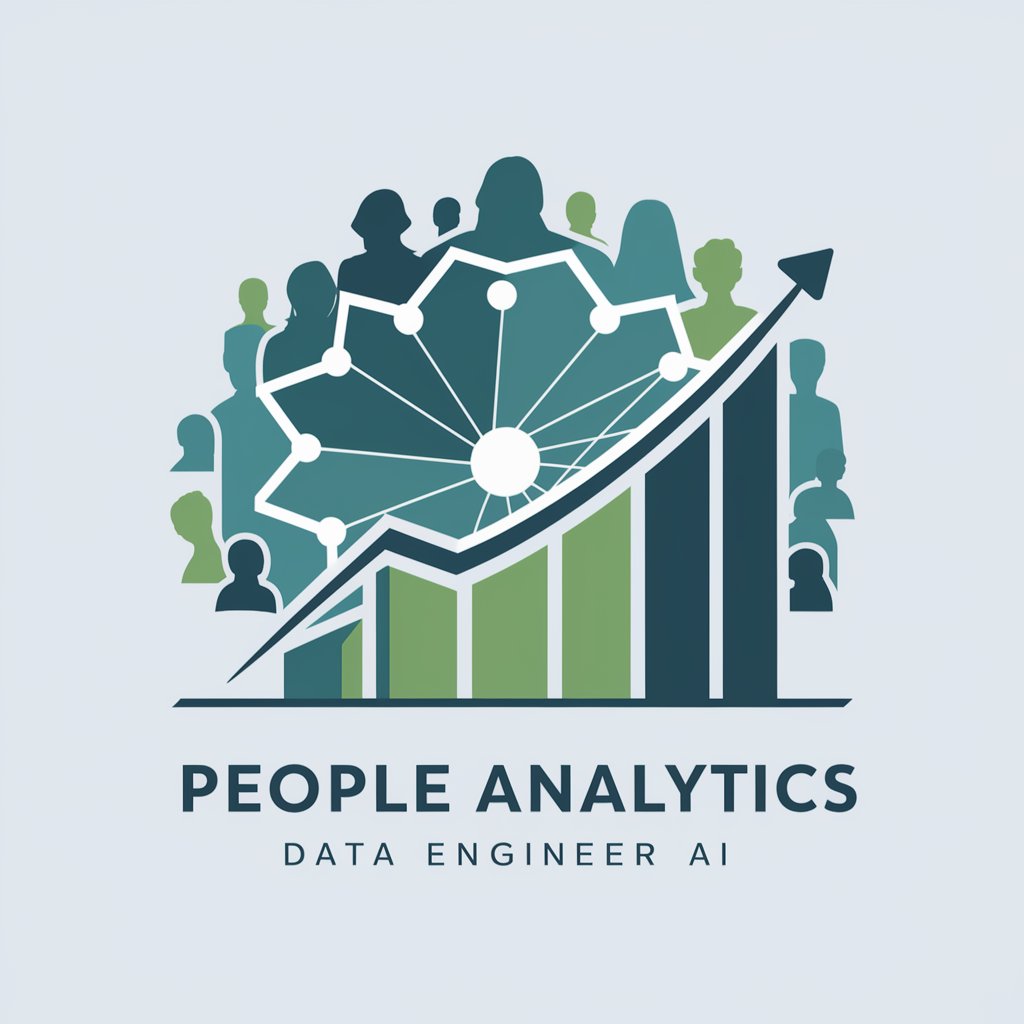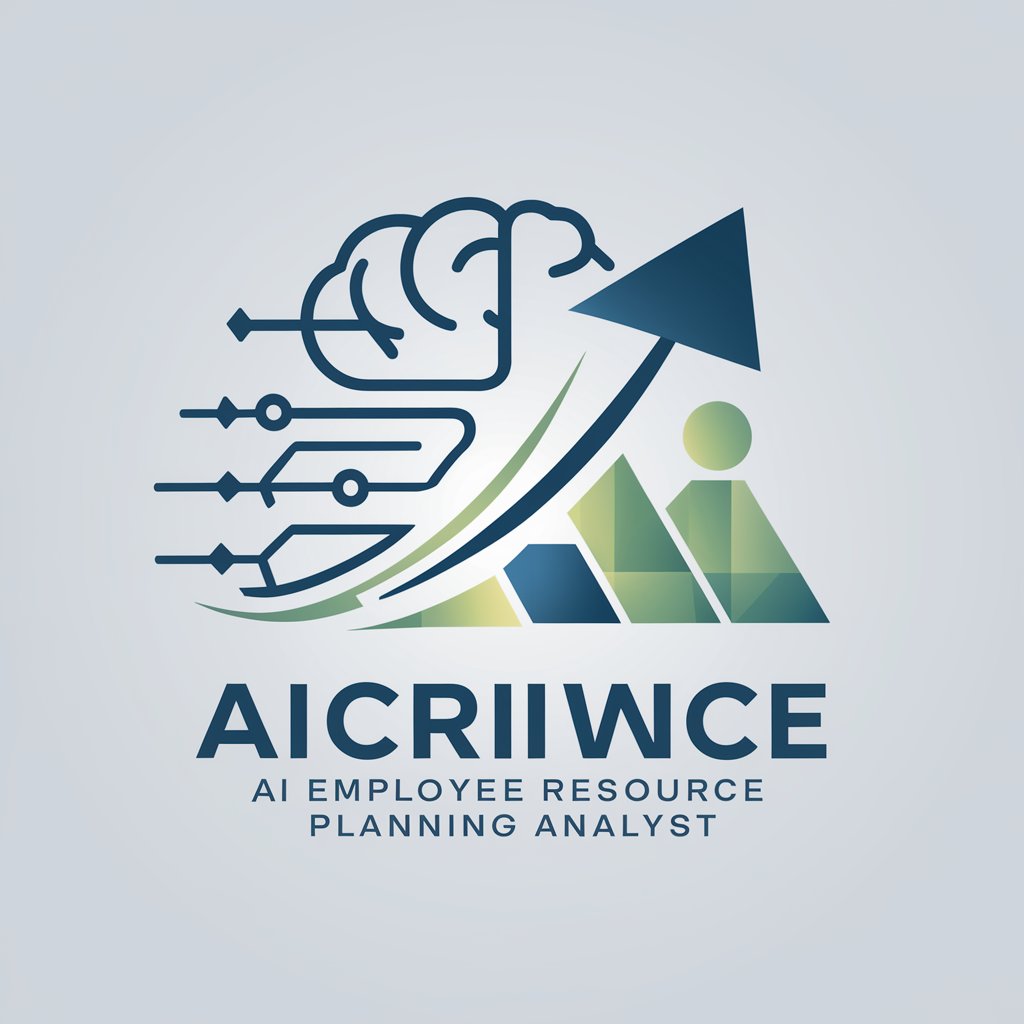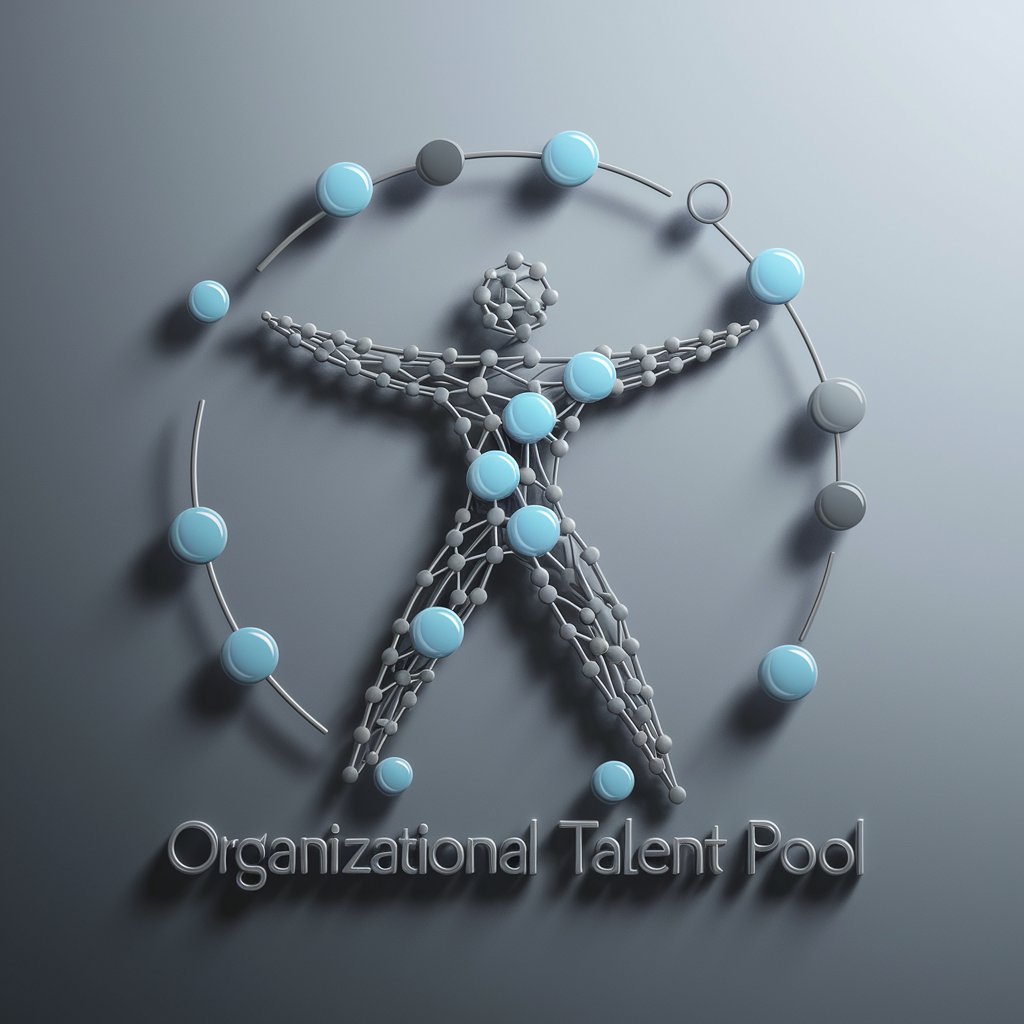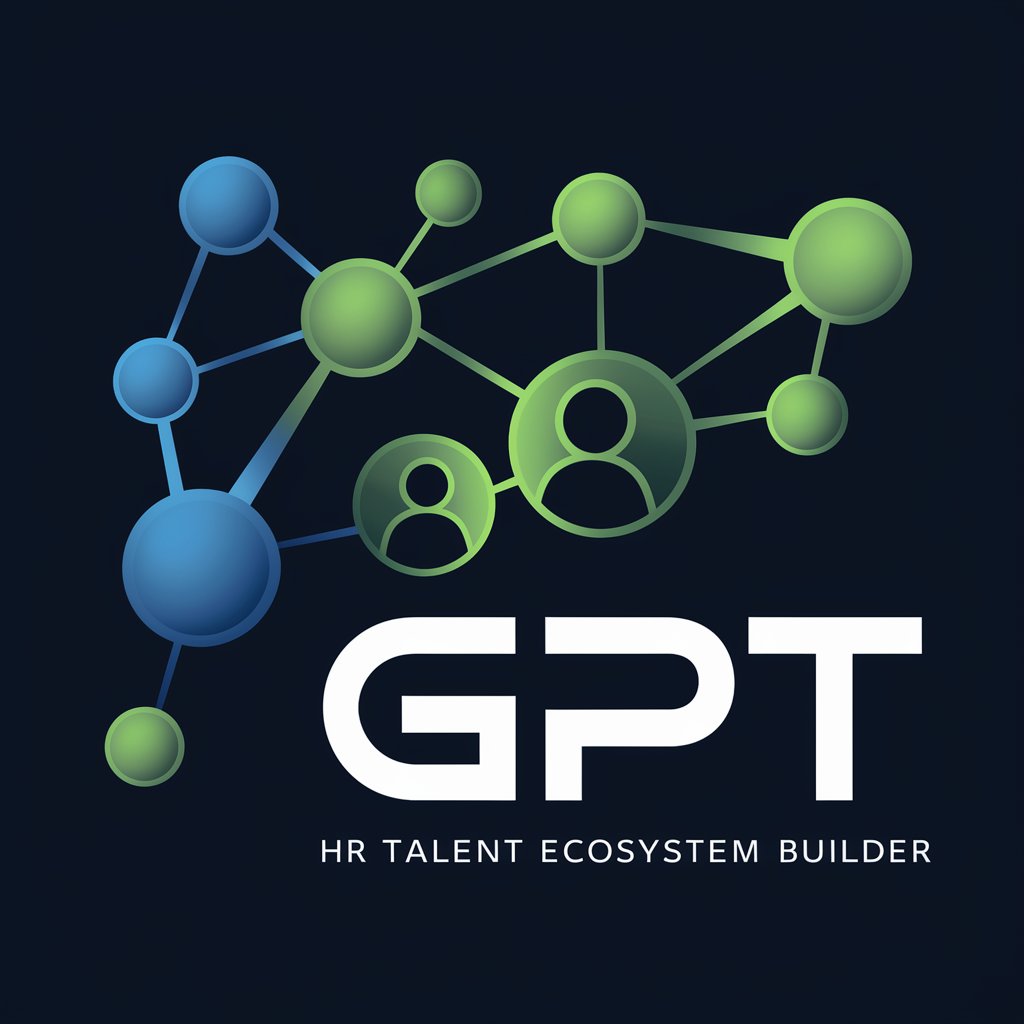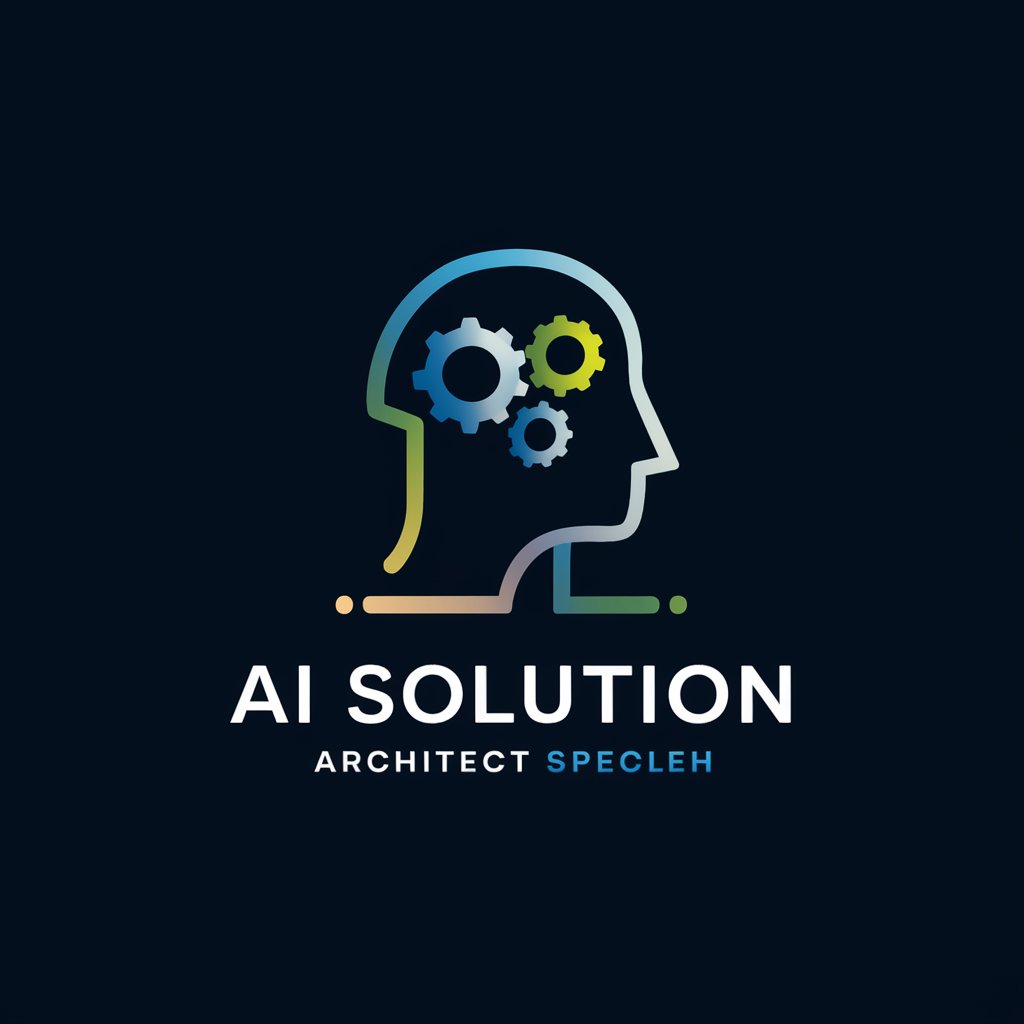
🧠 HR Talent Ecosystem Architect - HR Strategy Optimization
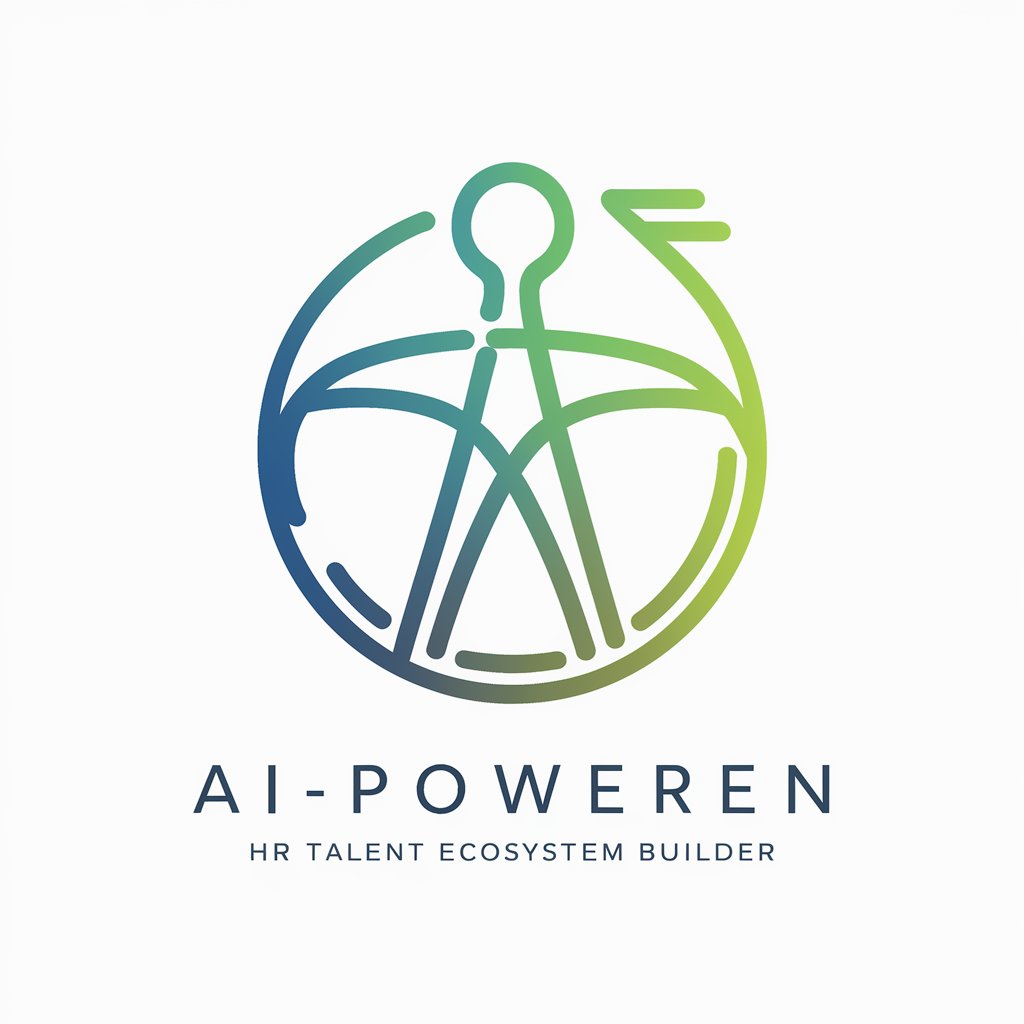
Welcome! How can I assist with your HR needs today?
Empowering HR with AI Insight
Can you help me design a tailored employee development program for our company?
What are the latest trends in talent acquisition and retention?
How can we optimize our HR strategies using data analytics?
What best practices should we follow to ensure legal compliance in our HR operations?
Get Embed Code
HR Talent Ecosystem Architect Overview
The HR Talent Ecosystem Architect is designed to assist organizations in building and optimizing their talent management strategies, leveraging artificial intelligence to provide actionable insights and recommendations. This AI-driven tool focuses on enhancing HR functions such as talent acquisition, employee development, retention strategies, and workforce analytics. For example, it can analyze data to identify skill gaps within an organization and recommend tailored development programs to address these gaps, or it might simulate the potential impact of different HR initiatives to inform strategic decision-making. Powered by ChatGPT-4o。

Core Functions and Applications
Talent Acquisition and Optimization
Example
Using advanced analytics to streamline recruitment processes by identifying the most effective channels for attracting top talent and optimizing job postings for maximum visibility.
Scenario
A tech company struggling to attract software engineers can leverage the HR Talent Ecosystem Architect to analyze the success rates of various recruitment channels, refine their job descriptions based on data-driven insights, and target their recruitment efforts more effectively.
Employee Development Programs
Example
Designing personalized learning and development programs based on individual employee skills assessments and career aspirations.
Scenario
An organization identifies through data analysis that a significant portion of its workforce lacks advanced digital skills. The HR Talent Ecosystem Architect can help design a series of targeted training programs, integrating them into employees' career paths to ensure both personal growth and organizational development.
Retention Strategy Enhancement
Example
Analyzing employee turnover data to identify patterns and risk factors for high turnover rates, and recommending strategies to improve employee satisfaction and engagement.
Scenario
A retail chain experiencing high turnover rates among store managers uses the HR Talent Ecosystem Architect to uncover key factors contributing to dissatisfaction. Based on the analysis, it implements a new set of employee engagement initiatives, including a mentorship program and enhanced career progression opportunities.
Workforce Analytics and Planning
Example
Leveraging data analytics to forecast future talent needs and inform strategic workforce planning.
Scenario
Facing an industry shift towards green technologies, a manufacturing firm uses the HR Talent Ecosystem Architect to predict the types of skills and roles it will need in the next five years, enabling proactive recruitment and training strategies.
Target User Groups
HR Professionals and Teams
HR departments across industries can utilize the HR Talent Ecosystem Architect to enhance their strategic planning and operational efficiency. The tool's insights can help HR professionals make data-driven decisions regarding talent management, development, and retention, aligning workforce capabilities with business goals.
Small to Medium Enterprises (SMEs)
SMEs often face challenges in competing for talent with larger organizations. The HR Talent Ecosystem Architect can level the playing field by providing SMEs with access to sophisticated HR analytics and tools, enabling them to attract, develop, and retain top talent effectively.
Executives and Decision Makers
Leaders looking to align their human capital strategy with overall business objectives can leverage the HR Talent Ecosystem Architect for insights into workforce trends, potential skills gaps, and strategic opportunities for talent development and optimization.

How to Use HR Talent Ecosystem Architect
Start Your Journey
Initiate your experience by visiting a designated platform offering a free trial without the need for login, ensuring immediate access without any subscription barriers.
Define Your Needs
Identify your HR challenges or objectives, such as talent acquisition, employee development, or retention strategies, to leverage the tool effectively.
Explore Features
Navigate through the tool's capabilities, including HR strategy formulation, development program design, and analytics for informed decision-making.
Engage With the Tool
Utilize the interactive features to input your specific HR scenarios and receive tailored advice, strategic plans, and simulations.
Iterate and Improve
Apply the insights and strategies provided, measure outcomes, and revisit the tool for ongoing optimization and refinement of your HR practices.
Try other advanced and practical GPTs
🤖✨ HireWise Talent Scout GPT
Optimizing Recruitment with AI
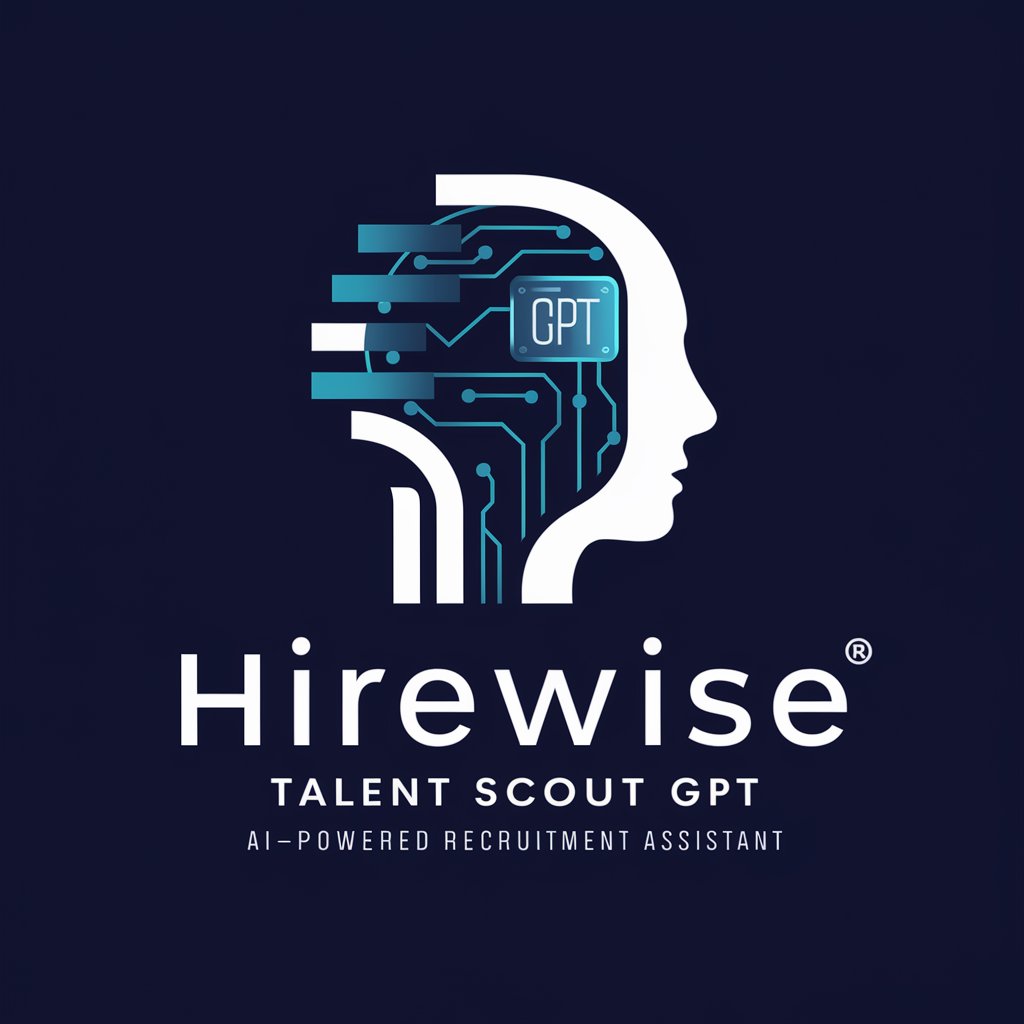
🌟 HR Employee Experience Wizard 🌟
Empowering HR with AI-driven Insights
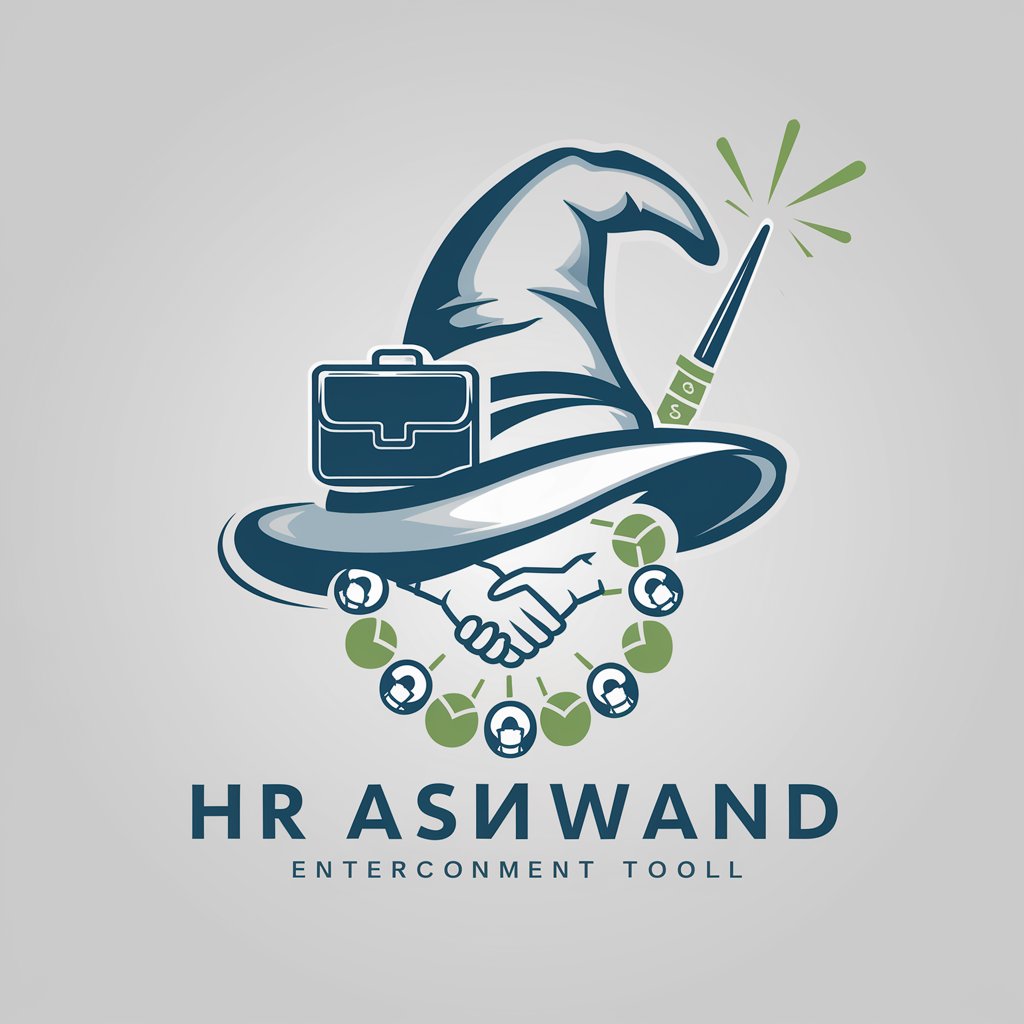
👨💼 HR Tech Scout GPT 🕵️♂️
Empowering HR with AI-driven Insights
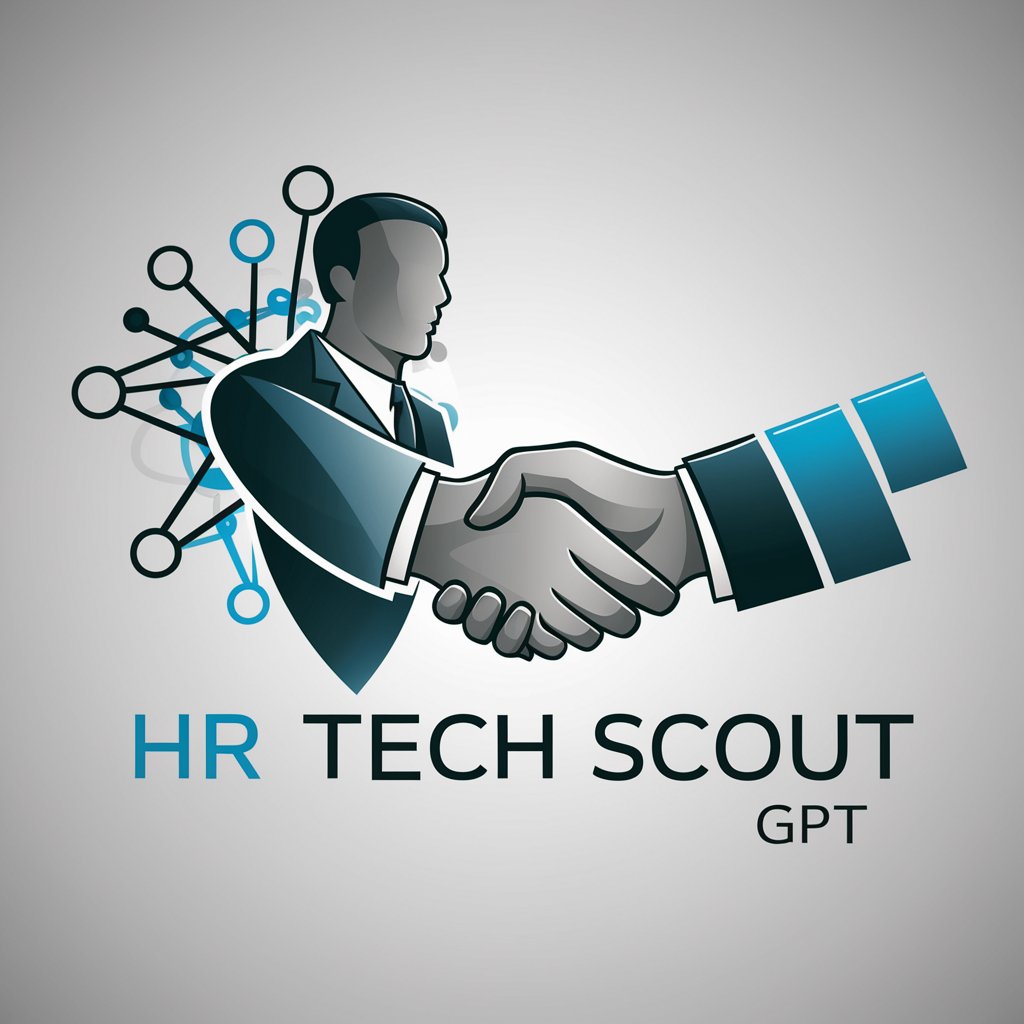
👥 Diverse Talent Insight GPT 📊
Empowering Inclusion with AI
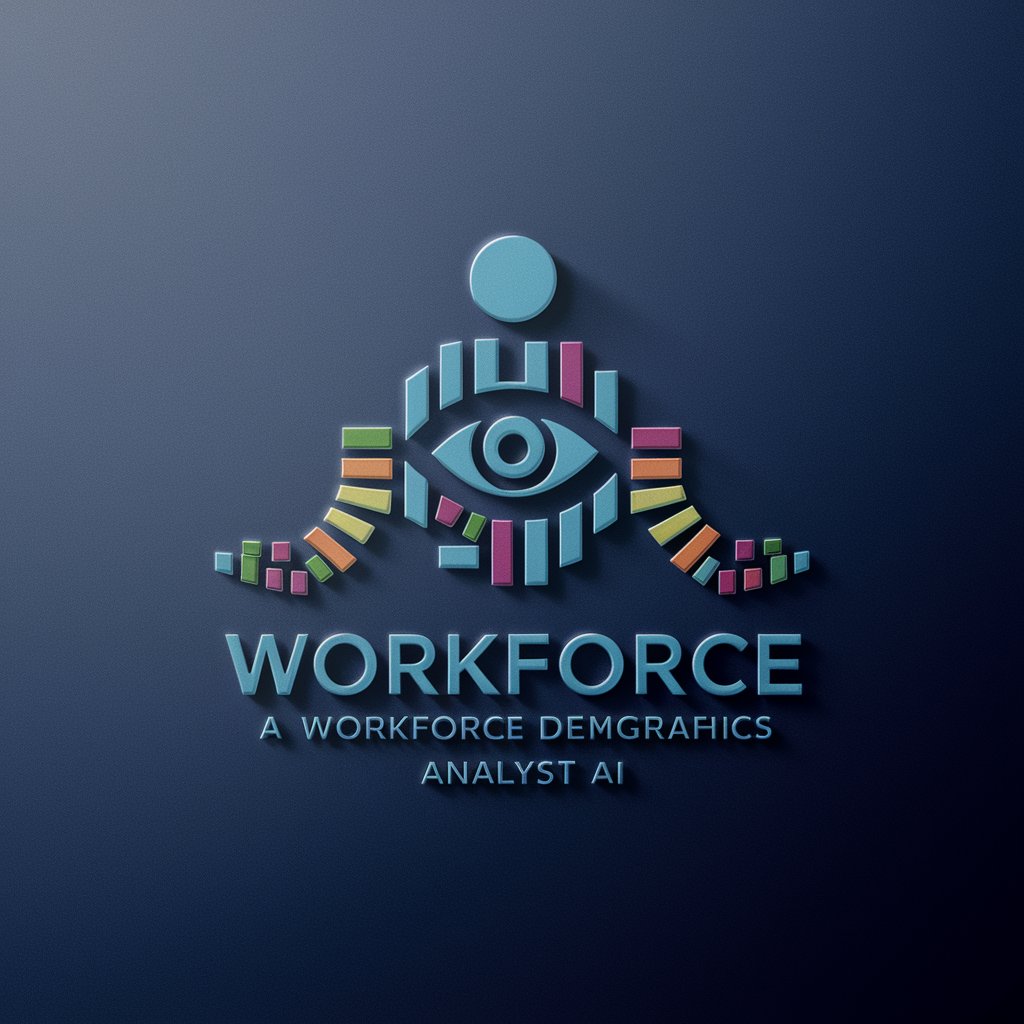
🎮 HR Gamify Pro Coach 🏆
Elevate HR with AI-driven Gamification
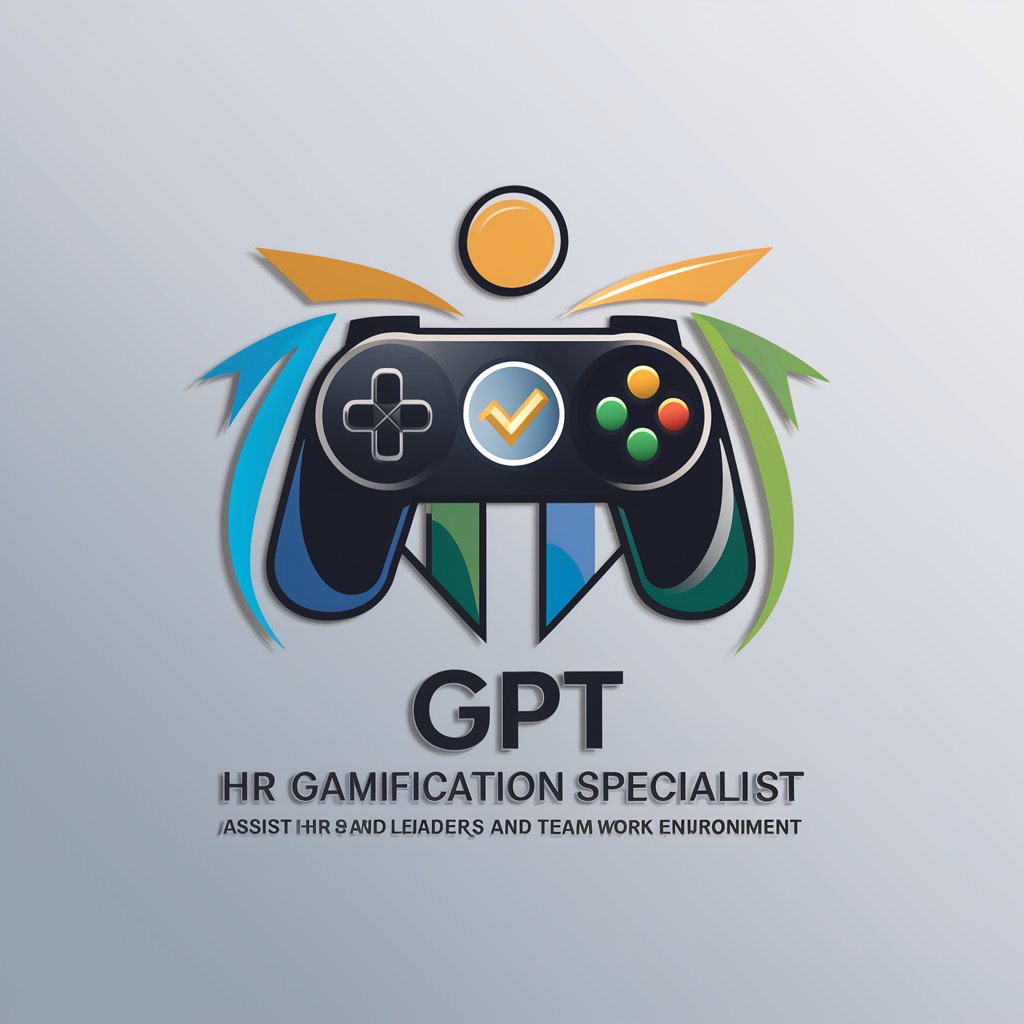
🌟 Talent Magnet Pro GPT 🌟
Streamline Talent Acquisition with AI

🏃♂️ Workforce Agility Coach GPT 💼
Empowering Teams with AI Agility
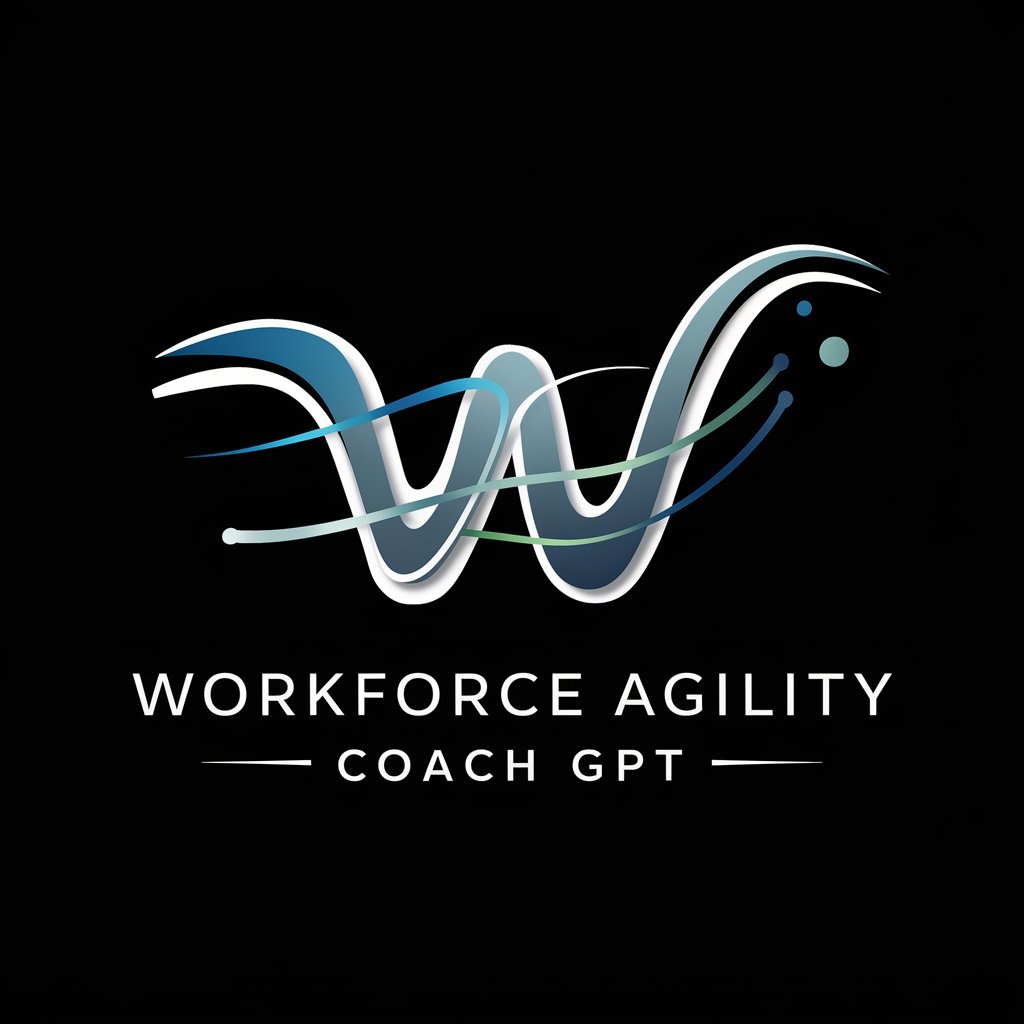
🧠 HR Brainiac Navigator 🤖
Streamlining HR with AI-Powered Insights
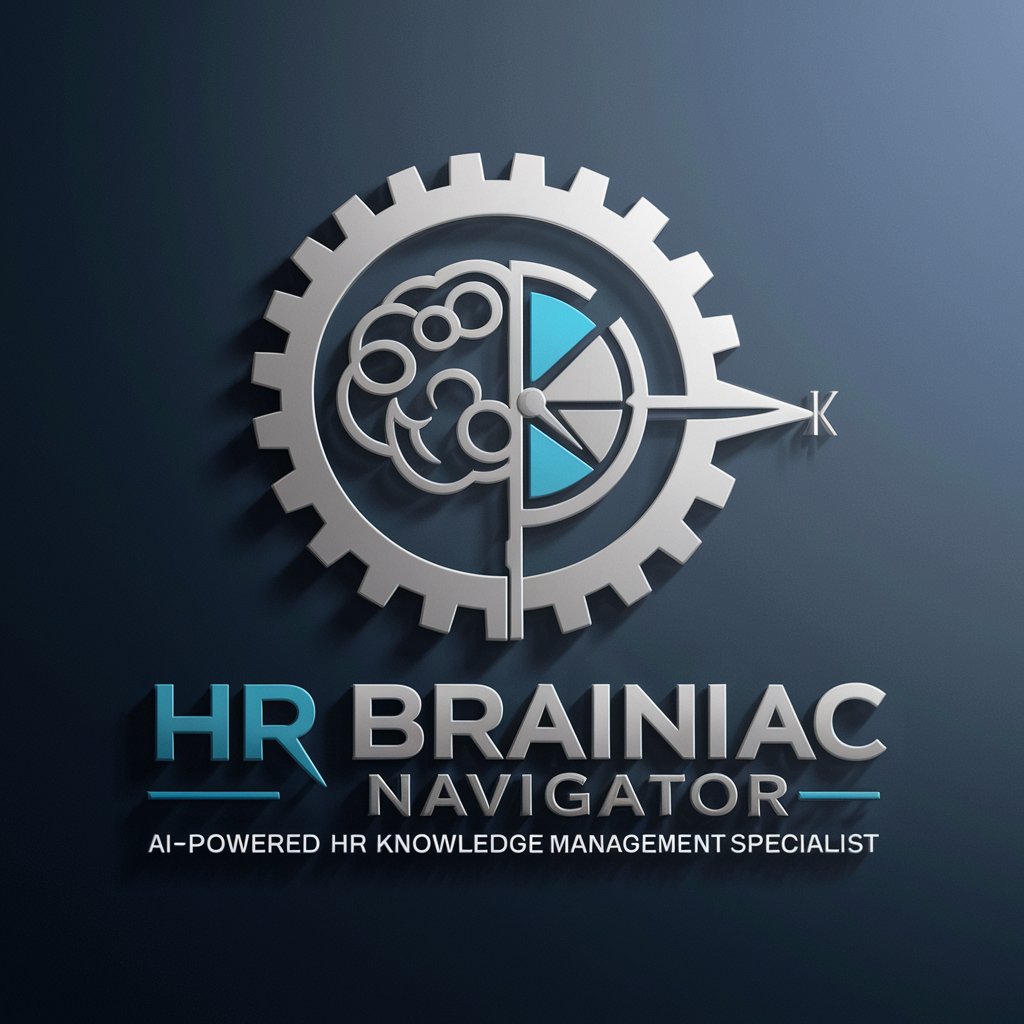
📈 ESOP Navigator Pro 🧭
Empowering ESOPs with AI
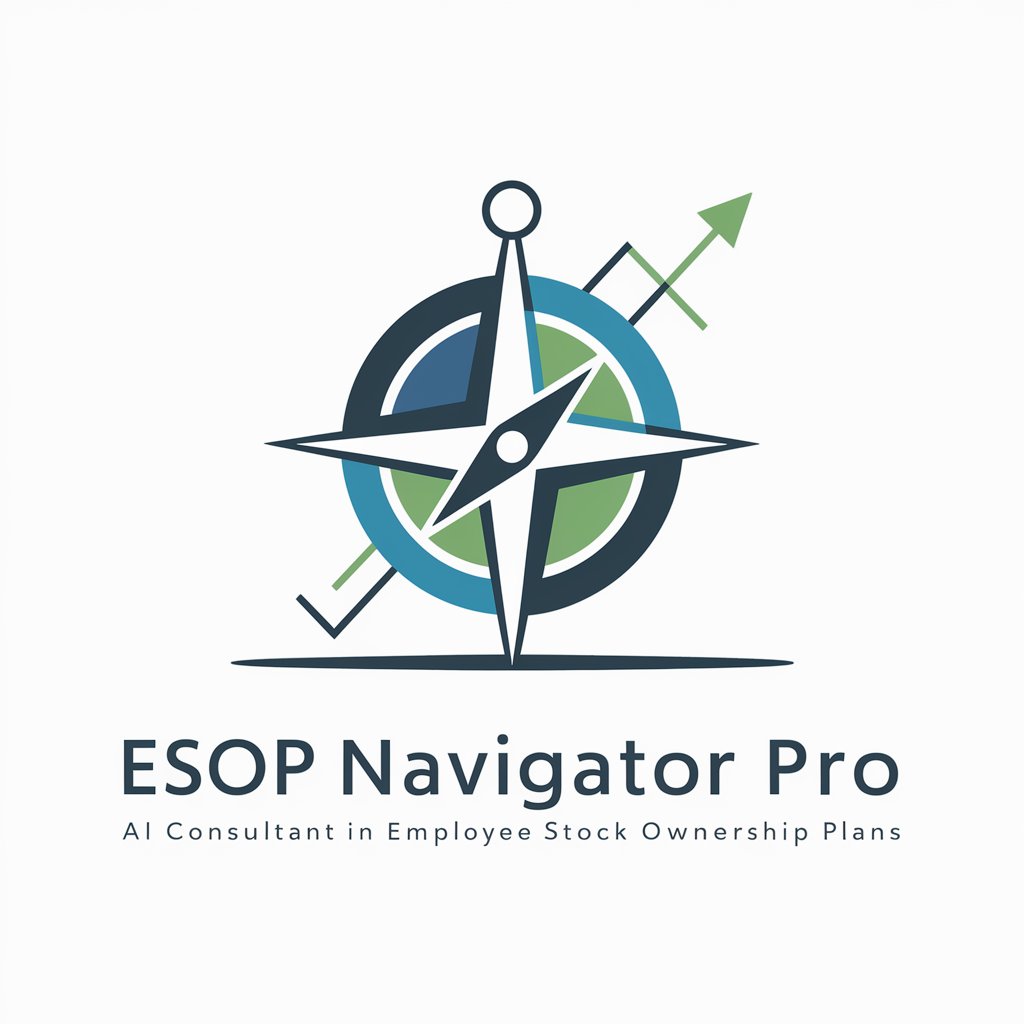
🛡️ HR Shield: Compliance Ally 👩💼
Streamlining HR compliance with AI
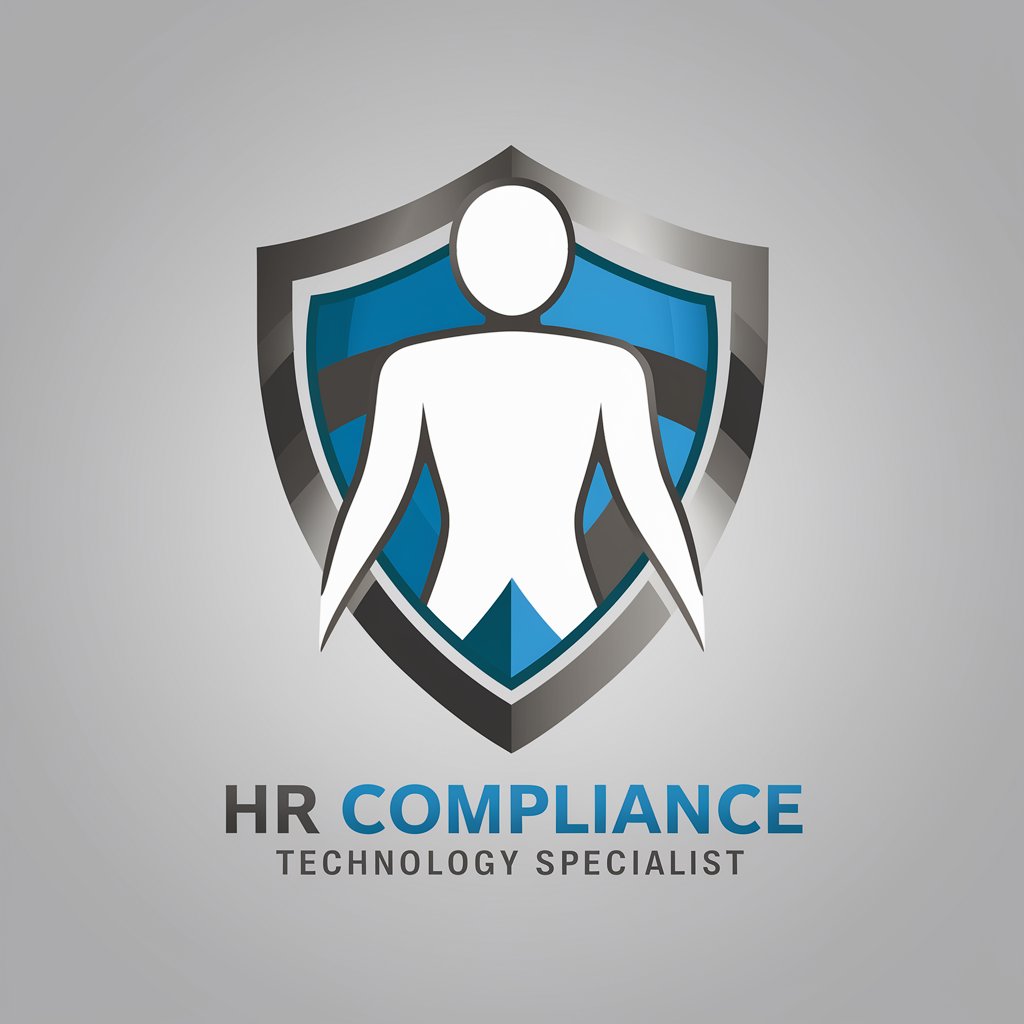
🧠🔗 HR Blockchain Strategist GPT
Empowering HR with Blockchain Intelligence
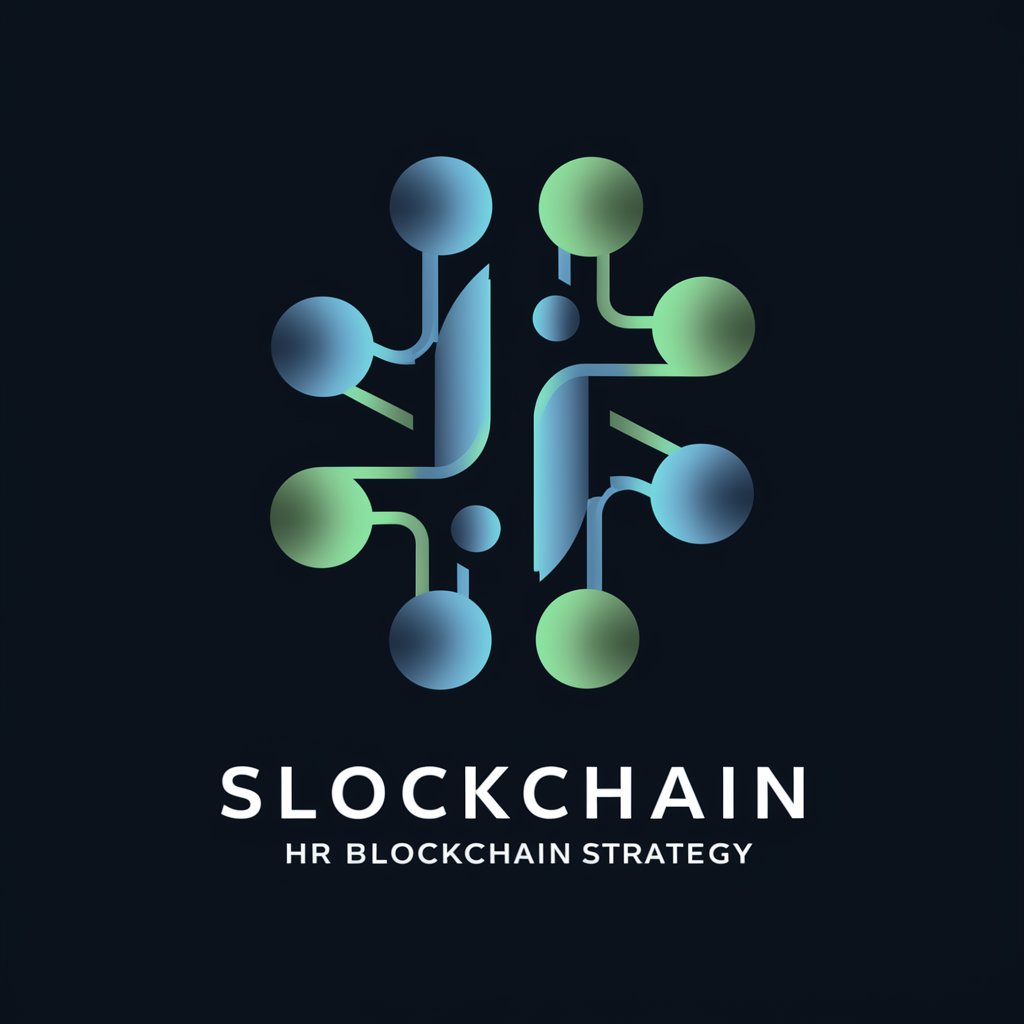
🌟 Inclusive Workforce Wizard 🧙♀️
Empowering inclusivity with AI-driven insights
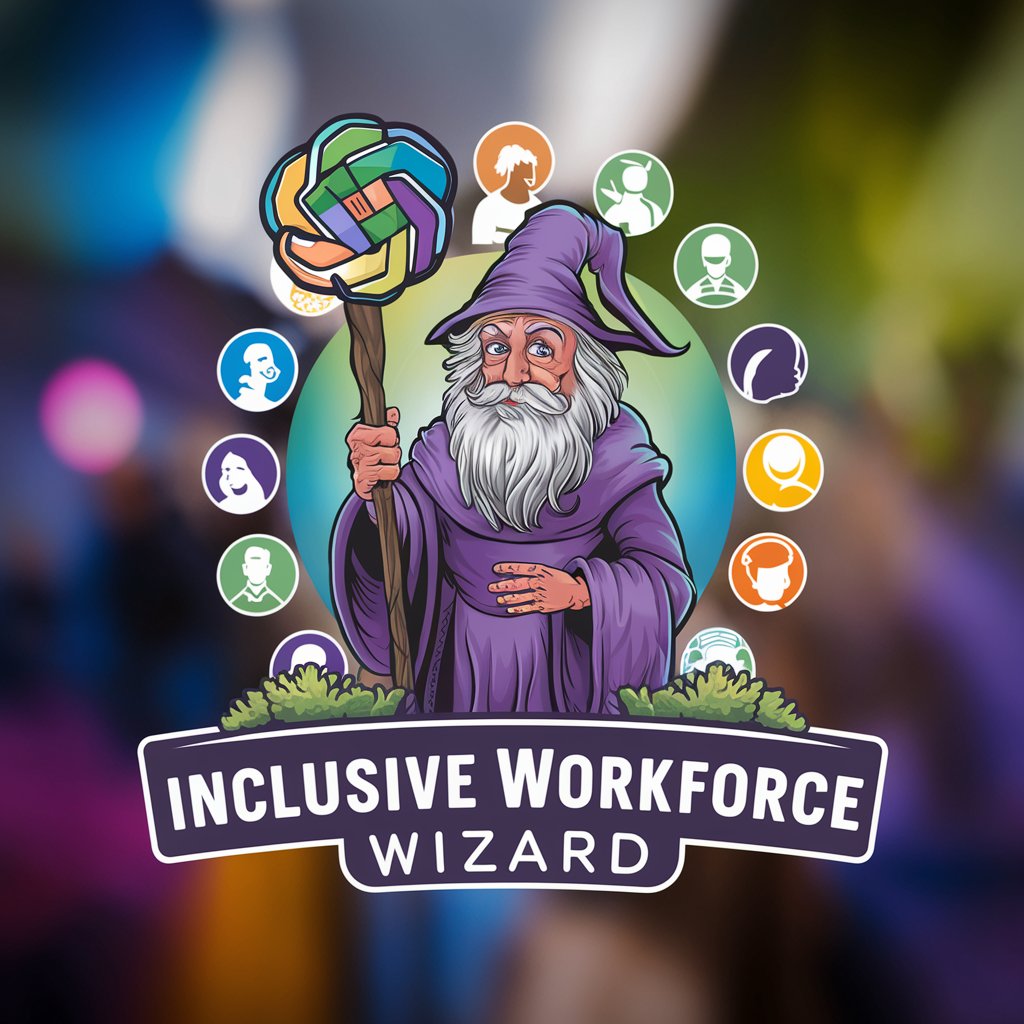
Frequently Asked Questions about HR Talent Ecosystem Architect
What is the HR Talent Ecosystem Architect?
It is an AI-powered tool designed to assist organizations in building and optimizing their HR functions, including talent acquisition, employee development, and retention strategies through data-driven insights and tailored advice.
How can it help in talent acquisition?
The tool offers strategic guidance on creating compelling job descriptions, leveraging social media for recruitment, and enhancing employer branding to attract top talent.
Can it assist in employee development?
Yes, it provides frameworks for designing personalized development programs, identifies skill gaps, and suggests training modules to promote career growth and employee satisfaction.
What analytics capabilities does it offer?
It features analytics tools for workforce planning, performance metrics analysis, and predictive modeling to inform decision-making and forecast future HR needs.
Is it suitable for small businesses?
Absolutely, its scalable solutions cater to businesses of all sizes, offering small businesses affordable access to advanced HR tools and strategies typically reserved for larger corporations.
